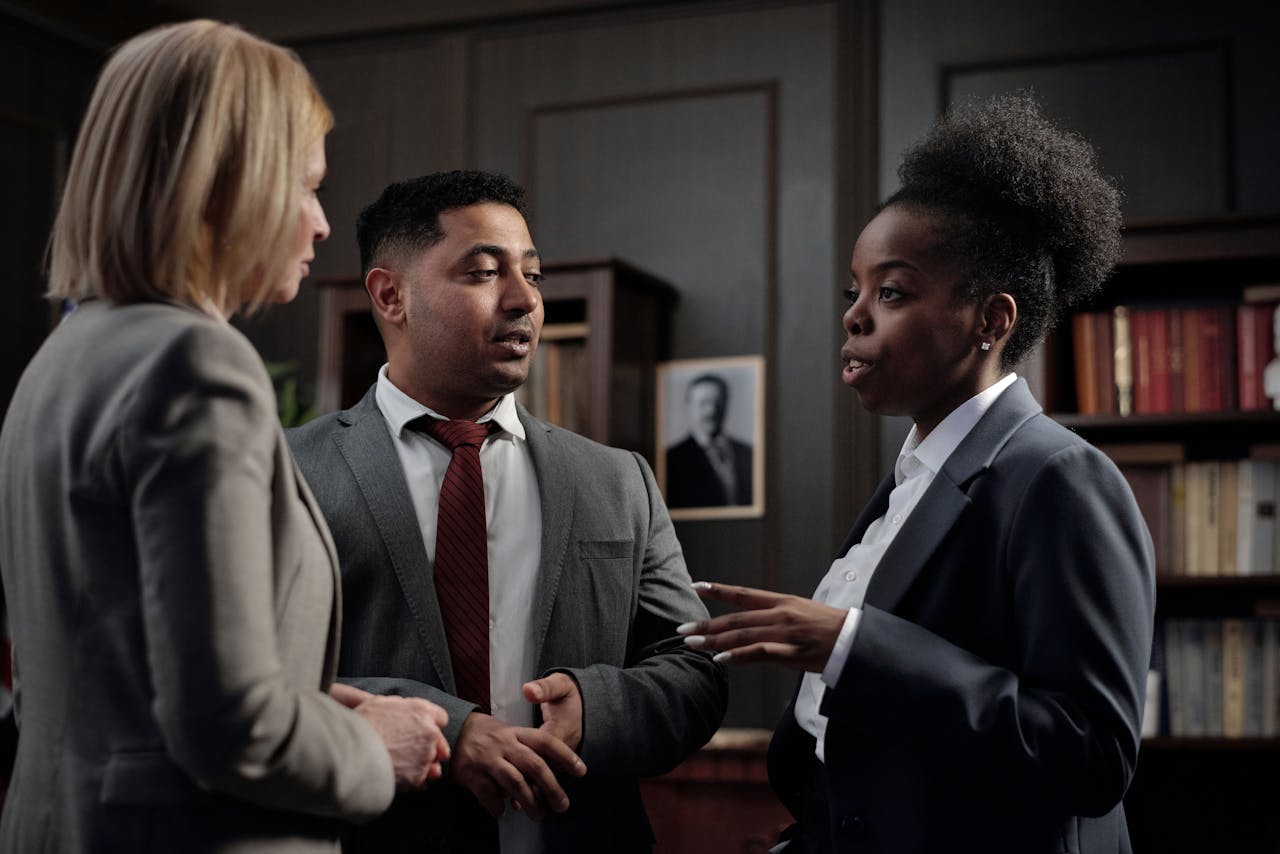Why You Need a Solicitor for Domestic Abuse Cases

Why You Need a Solicitor for Domestic Abuse Cases
Experiencing domestic abuse is traumatic and can leave survivors feeling isolated, overwhelmed, and uncertain about their future. The emotional and psychological toll can be immense, making it difficult to see a path forward. Amidst this turmoil, understanding your legal rights and options becomes crucial. Knowing what steps to take and having a clear understanding of the support available can provide a sense of empowerment and direction. That’s where having an experienced solicitor by your side can make all the difference. Knowledgeable domestic abuse solicitors can guide you through the legal process, advocate on your behalf, and ensure you have access to the resources you need to rebuild your life.
Legal Advice and Representation
One of the primary roles of a solicitor is to provide expert legal advice and representation for domestic abuse survivors. Navigating the legal system alone can be daunting, especially when dealing with the emotional and psychological aftermath of abuse. A solicitor can clarify complicated legal jargon and processes, ensuring you understand your rights and the steps you need to take.
Obtaining Protective Orders
Safety is paramount for survivors of domestic abuse. Solicitors play a pivotal role in applying for protective orders, such as restraining orders or non-molestation orders, to safeguard the survivor from further harm. These legal instruments are essential in creating a secure environment and preventing the abuser from making contact.
Understanding Legal Rights and Options
The legal landscape can be overwhelming, especially for those unfamiliar with their rights. A solicitor can guide you through the various legal remedies available, such as filing for divorce or separation, claiming custody of children, and securing financial support. This informed guidance helps survivors make decisions that are in their best interest.
Filing for Divorce or Separation
The process of filing for divorce or separation due to domestic abuse can be intricate and emotionally taxing. A solicitor can help you gather the necessary evidence, complete the required paperwork, and represent you in court. This support is vital in ensuring that the process runs smoothly and that your interests are protected.
Court Proceedings
When it comes to court proceedings, having a solicitor is invaluable. They can present evidence, advocate on your behalf, and cross-examine witnesses if necessary. Their expertise in legal procedures and courtroom etiquette ensures that your case is presented effectively, increasing the likelihood of a favourable outcome.
Supportive Legal Professional
During such a challenging time, having a supportive legal professional can provide immense relief. Solicitors not only offer legal advice but also emotional support, helping you feel more confident and less isolated. Their presence can empower you to take the necessary steps to rebuild your life and achieve a sense of normalcy.
Taking Action
If you or someone you know is experiencing domestic abuse, it is crucial to seek legal guidance as soon as possible. Domestic abuse can take many forms, including physical, emotional, psychological, and financial abuse, and it is essential to recognize the signs and take action promptly. Reach out to a trusted solicitor who can provide the expertise and support needed to navigate this difficult period. They can help you understand your legal options, assist with obtaining restraining orders, and offer advice on how to protect yourself and your loved ones.
Your safety and well-being should always be the top priority. By understanding the vital role of solicitors in domestic abuse cases, you can make informed decisions that ensure your protection and legal rights are upheld. Solicitors are trained to handle such sensitive matters with confidentiality and compassion, providing a safe space for you to discuss your situation without fear of judgment or retaliation.
Don’t hesitate to contact a solicitor who can stand by your side and guide you through these challenging times. They can also connect you with other resources, such as support groups, counseling services, and emergency shelters, to help you regain control and rebuild your life. Remember, you are not alone, and there are professionals ready to support you every step of the way.

